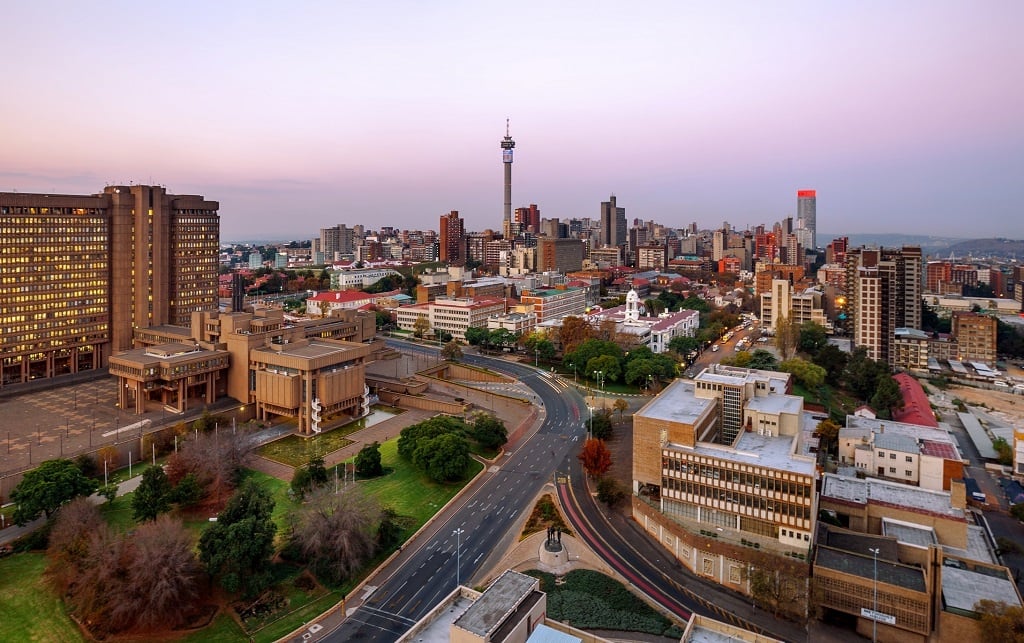


The Ninety One SA Recovery Fund in association with Ethos Private Equity aims to raise R10bn.
- Cabinet has given the nod for a process to establish a National Petroleum Company
- This is part of government’s efforts to repurpose state-owned enterprises to support economic growth
- Some economists aren’t sure where government will find the money to support this rationalisation, in the face of Covid-19 interventions.
President Cyril Ramaphosa has said the Covid-19 crisis would provide an opportunity to reposition and repurpose state owned enterprises, but some economists are not convinced even as the burden grows on the fiscus because of a struggling economy.
This week, in addition to the appointment of a Presidential SOE Council, Cabinet approved the appointment of a restructuring company to “investigate the most viable model” for the establishment of a single National Petroleum Company. This would see three subsidiaries of the Central Energy Fund, namely PetroSA, the Strategic Fuel Fund and iGas, merged.
Cabinet said the merger is in line with announcements by the president, in the state of the nation address, about efforts being made to repurpose state-owned enterprises (SOEs) to support growth and development.
- READ | Ramaphosa: I see a good future for SAA, Eskom beyond Covid-19
Talk of a new fuel company was no different to similar calls for a single pharmaceutical company or state bank, none of which inspire much optimism, according to Dr Azar Jammine. “One would love to see how they (government) are going to establish all these businesses without any money. I do not see it as rationalisation, I see it as adding to the burdens of the post Covid-19 economy.”
He said that establishing new companies would do little to enable economic reform. “If we want to improve the economy, we must improve educational output, to enable people to start contributing and doing value in a way they can earn more money,” he added. Furthermore, government should focus on developing small businesses, he said.
Reduce duplication, create efficiency
Investec chief economist Annabel Bishop said that rationalisation of the fuel companies could reduce unnecessary duplication in administration and other areas. “While cost savings, increased efficiency and productivity are always good ideas, the success of the outcome will depend on whether higher levels of productivity and cost savings are actually achieved.”
Bishop explained that “correct” restructuring had the potential to create efficiencies, increase productivity and cost effectiveness.
- READ | Ramaphosa announces council to reform SA’s state-owned enterprises
This week, during a webinar on SA’s economic outlook, FNB senior economist Siphamandla Mkhwanazi highlighted that government’s ability to continue bailing out SOEs was increasingly becoming limited given that it has to deal with the impact of Covid-19. He said this brings in the possibility of either the partial or whole disposal of some SOEs.
Fundamentally “…now it is much more difficult for the state to continue bailing out SOEs. Particularly because consumers are more conscious about developments,” he said. The shocks to the labour market brought on by Covid-19 could result in social unrest, if government does not work on expanding the economy to create jobs and instead resorts to supporting these failing entities, Mkhwanazi said.
No more vanity projects
Discussions of a state bank, or a state-owned pharmaceutical company are “vanity projects” which simply are not affordable at this stage, said Hugo Pienaar, chief economist at the Bureau of Economic Research.
The Covid-19 crisis has meant government has less funds available to “prop up” entities, but this might necessitate faster restructuring and adaption of their business models, Pienaar said.
The state’s revenues are also likely to take a knock because of Covid-19, with SARS projecting a loss of R285 billion, relative to collections projected in the February budget, Fin24 previously reported.
- READ | SA’s mining production plunged by half in April
To plug financial gaps government might be forced to take on more debt, but there might not be appetite from the market to do this, he said. Another option, although suboptimal, is prescribed assets – in which it could force pension funds to buy government bonds that can be used to finance SOEs, Pienaar explained.
Instead government should work on creating a favourable environment to attract investment, for example by improving the ease of doing business, he said.
Pienaar is of the view that there should be more private sector involvement, but not necessarily full privatisation. “I’m not suggesting the state does nothing, but rather do less, and create the space for the private sector to do more,” he said.
By allowing more competition in markets, it might yield greater efficiencies – this was seen in the telecommunications space with Telkom having to compete with mobile operators, Pienaar said. “Hopefully it keeps both entities (private and public) on their toes and then we will get efficiencies and hopefully better service to the public,” he said.

